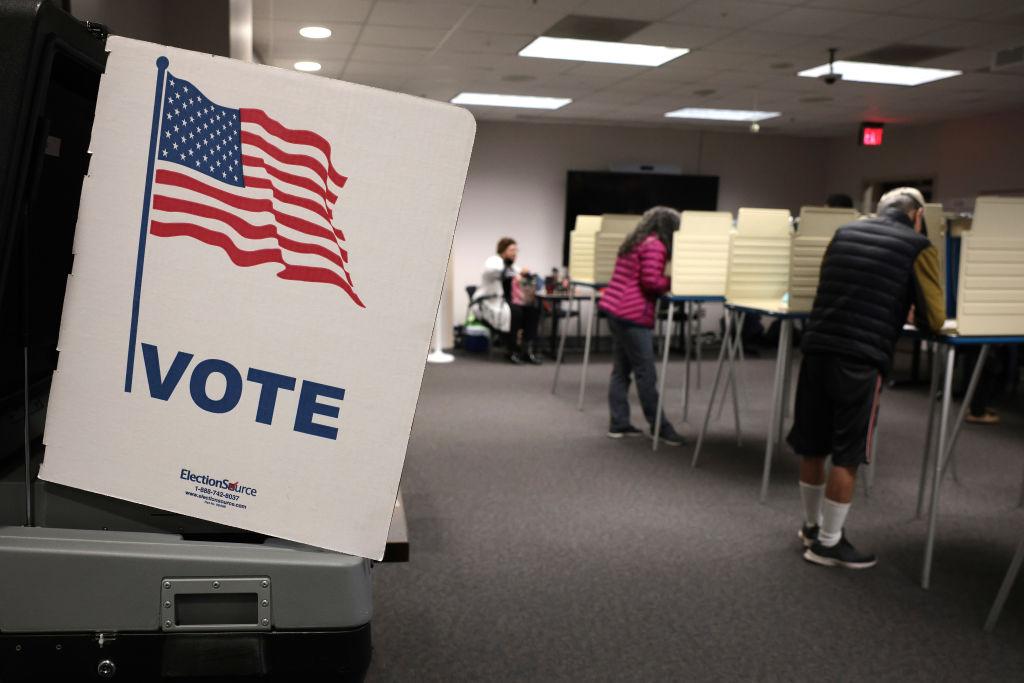A top independent pollster suggested that Republican voters are being undercounted in surveys ahead of the Nov. 8 midterm elections.
Robert Cahaly, Trafalgar Group’s founder and its senior strategist and pollster, said Republicans might not be inclined to reveal their political views to pollsters following President Joe Biden’s speech on Sept. 1 targeting “MAGA Republicans.”





